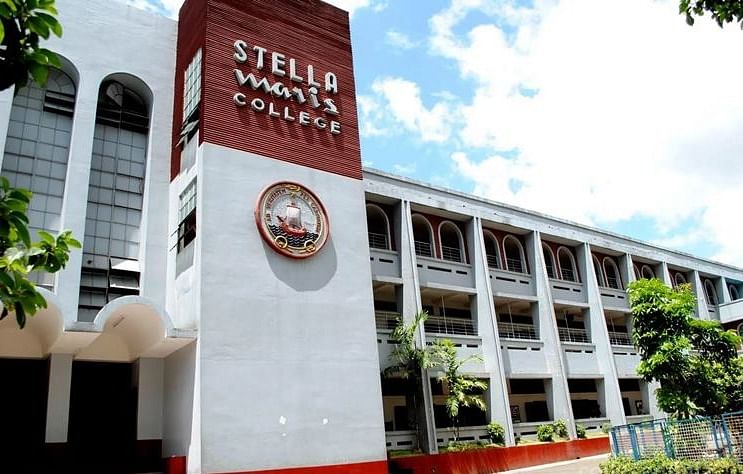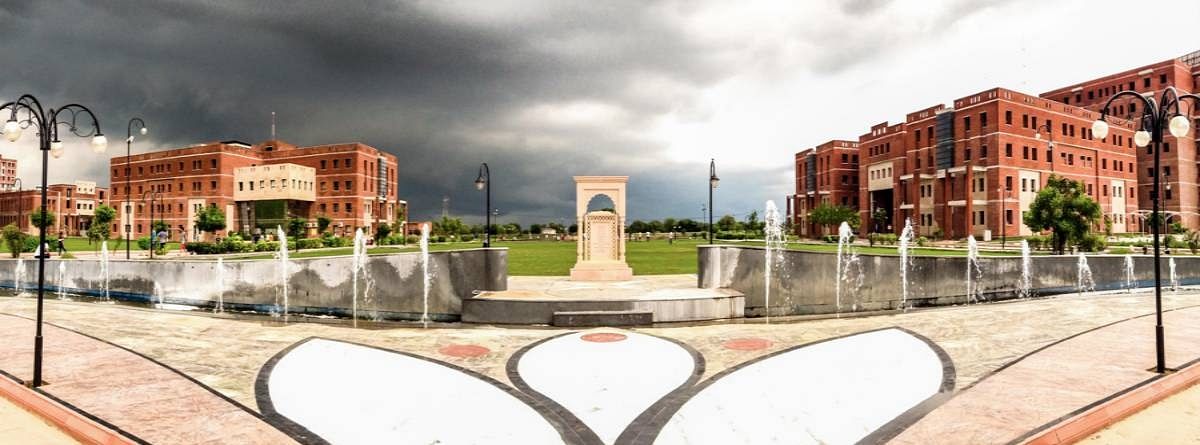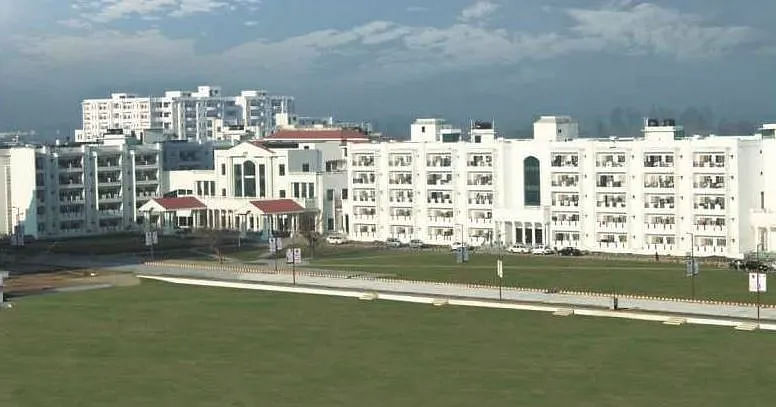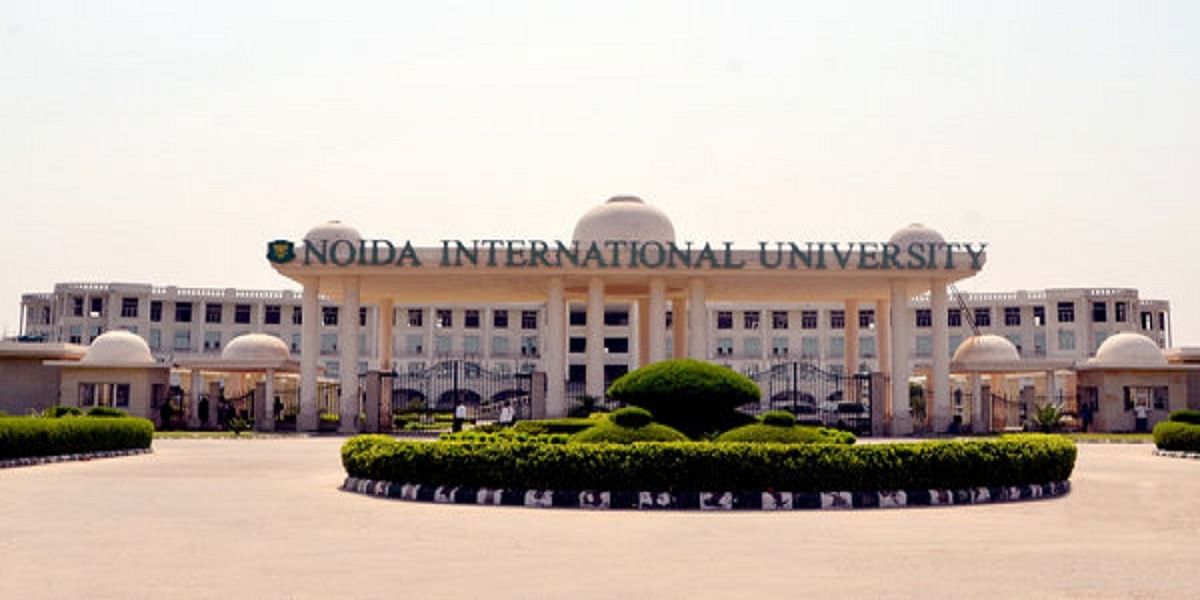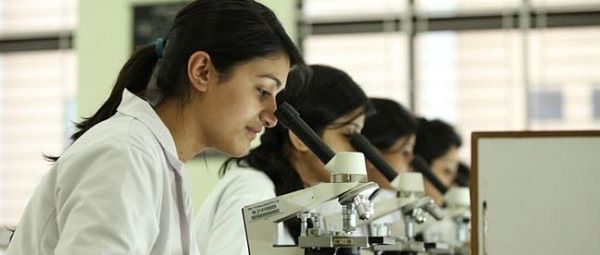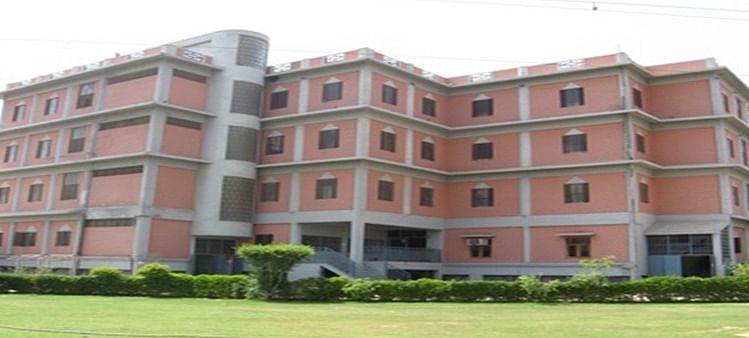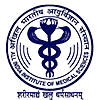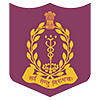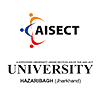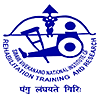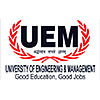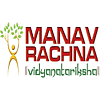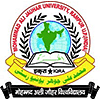BMLT Syllabus and Subjects

BMLT is divided into six semesters over a period of three years consisting of core and elective subjects. Bachelor of Medical Laboratory Technology syllabus explores topics related to medical laboratory science and technology. The BMLT course curriculum aims to offer students with both theoretical knowledge and practical skills required for working in medical laboratories.
BMLT subjects usually include General Pathology, Clinical Pathology and Haematology, Microbiology, Histology, Biochemistry, Medical Technology, etc. The core subjects include Parasitology, Advanced Hematology, Analytical Biochemistry, Applied Haematology, etc.
BMLT course covers a wide range of topics such as Mycology & VirologyImmunology, Molecular Biology, Medical Laboratory Management, Immunology, etc. BMLT job scope provides extensive exposure and opportunities in the field of pharmaceutical industries.
Table of Contents
Semester Wise BMLT Syllabus
The BMLT course curriculum and subjects prepare students to become medical laboratory technologists or to take employment in hospital labs, pathology labs, and research & development centres. BMLT course subjects include human physiology, human anatomy, biochemistry,etc.
Listed below are the semester-wise Bachelor of Medical Laboratory Technology Syllabus:
BMLT First Year Syllabus
BMLT first year syllabus covers foundation subjects such as General Pathology, Clinical Pathology and Haematology, Human Anatomy and Physiology, Medical Terminology Record keeping and Orientation, etc.
Below mentioned is the first-year syllabus for BMLT course:
| Semester I | Semester II |
| General Pathology | Clinical Pathology and Haematology |
| Human Anatomy and Physiology | Medical Terminology Record keeping andOrientation |
| Biochemistry | Medical Instruments and Techniques |
| Medical Technology | Nuclear Medicine Technology |
BMLT Second Year Syllabus
The second-year BMLT syllabus includes subjects like Microbiology, Histology, Parasitology, Advanced Hematology, Medical Law and Ethics, etc.
Below mentioned is the second year syllabus for BMLT course:
| Semester III | Semester IV |
| Microbiology | Histology |
| Parasitology | Advanced Hematology |
| Analytical Biochemistry | Applied Haematology |
| Medical Law and Ethics | Immunopathology |
| Medical Imaging Technology (Elective) | Nuclear Medicine Technology (Elective) |
BMLT Third Year Syllabus
BMLT third year syllabus focuses on Blood Banking, Mycology & Virology, Medical Laboratory Management, Immunology, Introduction to Quality and Patient Safety, Molecular Biology, etc.
Below mentioned is the third year syllabus for BMLT course:
| Semester V | Semester VI |
| Blood Banking | Mycology & Virology |
| Medical Laboratory Management | Immunology |
| Introduction to Quality and Patient Safety | Molecular Biology |
| Medical Lab Technology (Elective) | Medical Technology (Elective) |
BMLT Subjects- Core & Electives
BMLT subjects are designed to improve the student's understanding of the overall subject and build their overall knowledge. In order to better advance technique-related topics, the BMLT syllabus includes both classroom theory and practical lab sessions along with the elective subjects.
BMLT First Year Subjects
BMLT first year subjects covers the fundamentals of General Pathology, Human Anatomy and Physiology, Biochemistry, etc. The BMLT first year subjects are listed below:
| Subjects | Topics Covered | Type |
| General Pathology | Necrosis, Hyperplasia, Hypertrophy, and Atrophy, Hemodynamics, Inflammation and Neoplasia | Core |
| Human Anatomy and Physiology | Introduction to Anatomy and Physiology, Anatomy and Applied Anatomy, Physiological Functions of Various Systems | Core |
| Biochemistry | Separation & Identification of Techniques, Instrumentation and biochemical techniques and Principles of Isolation of human DNA & RNA | Core |
| Clinical Pathology and Haematology | Concepts of Haematopoiesis, Causes of Leukocytosis and Leukopenia, Preparation of Blocks, Section cutting and Stain Preparation | Core |
| Medical Technology | ICT in healthcare, Medical technology management, Clinical Chemistry, Nomenclature of Medical Devices | Elective |
| Nuclear Medicine Technology | Radiopharmaceutical, Positron Emission Tomography, Radiation therapy | Elective |
BMLT Second Year Subjects
The second year BMLT subjects explore Microbiology, Parasitology, Analytical Biochemistry, Medical Law and Ethics, Histology, etc. The BMLT second year subjects and topics covered are detailed in the table below:
| Subjects | Topics Covered | Type |
| Microbiology | Plasmids and Bacteriophages, Microbial Genomics, Isolation Techniques of Microorganisms, Nutrition and Cultivation, Soil Microbiology | Core |
| Parasitology | Parasitic Protists: Form, Function, Classification, Kinetoplastids, Amoebas & Apicomplexans, Apicomplexans, Parasitic Ciliates | Core |
| Analytical Biochemistry | Identification of Biochemistry Techniques, Instrumentation of techniques in biochemistry, Estimation of Biochemical Compounds, Enzymology | Core |
| Medical Law and Ethics | Consent, Medicine, Confidentiality, Medical ethics, Law and ethics, Bioethics, Discrimination in Medical Care, Emergency Medical Services | Core |
| Histology | Introduction, Clinical significance,Tissue, Microscopy, Issues of concern, Adipose tissue, Connective tissues | Core |
| Advanced Hematology | Basics of Haematology, Clinical Hematology, Morphology and Hematopoiesis, Bone Marrow, RBC and its details, Bleeding Disorder | Core |
| Applied Haematology | Hemostatic Mechanism, Leukaemia, Iron Metabolism and Deficiency, Anaemia, Abnormal Hemoglobin, Cell Cycle | Core |
| Immunopathology | Immunity, Lymphoid tissue, The lymphocytes, Antigen, Antibodies, Immunoglobulin, Complement system, The Cellular Immunity | Core |
| Medical Imaging Technology | Anatomy, Radiation Physics, Orthopedics, Radiographic, Special Procedures and Patient Care, Microbiology | Elective |
| Medical Technology | Human anatomy and Physiology, Basics of Computers and Image Copy Production. Physics and Nuclear Physics.Medical Ethics | Elective |
BMLT Third Year Subjects
The third year BMLT subjects cover Blood Banking, Medical Laboratory Management, Introduction to Quality and Patient Safety, Mycology & Virology, Immunology, etc. Listed below are the BMLT subjects for the third year along with their topics covered:
| Subjects | Topics Covered | Type |
| Blood Banking | Storage of blood component, Physical and Biochemical changes of Storage Blood, Blood Components: Preparation and Therapy | Core |
| Medical Laboratory Management | Introduction to Laboratory Management, Leadership Skills, Health Laboratory Management and Quality Assurance, Medical Laboratory Quality Systems -A Management Review | Core |
| Introduction to Quality and Patient Safety | Defining Patient Safety and Quality Care, Patient Safety, Quality in Healthcare, | Core |
| Mycology & Virology | Introduction to Medical Mycology, Basic Concepts About Superficial and Deep Mycoses, Taxonomy and Classification, Introduction to Medical Virology | Core |
| Immunology | Overview of the Immune System, Cells and Molecules, The Adaptive Immune System, Antibodies, Immunodeficiency | Core |
| Molecular Biology | Impact of Molecular Biology in Life Science, The European Molecular Biology Open Software Suite, Fundamental Tenets of Molecular Biology | Core |
| Medical Lab Technology | General overview Classification of medical laboratories,Organization of the Laboratory, Structure of Medical Laboratory Service, Role of medical Laboratory Services, Role of medical Laboratory | Elective |
| Medical Technology | The History and Impact of Medical Technology, Evolution of Medical Technology, Advances in Medical Technology Impact Medical Procedures, Medical Technology Issues, New Definitions of Life and Death, Medical Codes of Conduct. | Elective |
BMLT Course Structure
The Bachelor of Medical Laboratory Technology course duration is three years with a six months long internship. The BMLT course of three years is divided into six semesters for students' flexible learning. The structure of the course is as follows:
- VI Semesters
- Core Subjects
- Elective Subjects
- Practical Workshops
- Research Project/Thesis Submission
BMLT Teaching Methodology and Techniques
The curriculum of the BMLT course integrates various methods of teaching in the field of medical laboratory technology with new technologies. The students are also trained in elective subjects of different specializations in addition to lectures and practicals. In general, the following teaching methodologies are used:
- Seminars
- Digital Learning
- Demonstration
- Laboratory Experiments
- Roleplay
- Case Study
- Mastery Learning
- Project-Based Learning
- Group Discussion
- Problem Based Learning
- Tutorials
- Simulation
- Self-Directed Learning
- Traditional Classroom-Based Learning
BMLT Projects
In BMLT projects, students gain practical experience and training in medical organizations. The following are the popular BMLT project topics:
- The benefits of Procalcitonin as a Diagnostic Biomarker in Rush’s Core Laboratory.
- The Role of Store-Operated CRAC Channels in Inflammatory Cytokine Production in the Genetically Inherited Dermatosis Darier’s Disease.
- Validation of the Heparin-Induced Thrombocytopenia (HIT) Assay on an Automated Platform at Northwestern University.
- Comprehensive Exam and Its Relationship with Board Certification Scores in Medical Laboratory Science Program at Rush University.
- Hyperglycemia as a Cause of CD4 T Cell Death.
BMLT Course Reference Books
All major topics are covered as well as background information on various medical fields in the BMLT books. Investing in reference books is a wise move after proper research. The following year wise BMLT books are excellent references for the students:
BMLT Books First Year
Students are advised to refer to the BMLT 1st year books listed in the table below:
| Name of the Books | Authors | Topics Covered |
| General Anatomy | Chaurasia | Introduction, Skeleton, Joints, Muscles, Cardiovascular System, Lymphatic System, Nervous System, Skin and Fascia |
| Laboratory Acquired Infections | C.H. Collins | Introduction, Specific Laboratory Associated Infections, Disease Transmission and Infection |
| Manual of Clinical Laboratory Methods | Copal E Hopier | Basic Laboratory Techniques, Responsibility of Lab Personnel, Laboratory Rules |
| Medical Laboratory Methods | Beuer | Biochemical Basis, Impact of the Human Genome Project on Biochemistry, Biology, & Medicine |
BMLT Books Second Year
The BMLT 2nd year books are provided in the table below for students' reference:
| Name of the Books | Authors | Topics Covered |
| Harpers Biochemistry | Robert .K Murray | Biochemistry & Medicine, Biochemical Research Has Impact on Nutrition & Preventive Medicine |
| Management Information System | Kenneth C.Laudon, Jane P.Laudon | Finance and Accounting, Financial Statement Analysis, Pricing Hardware and Software, |
| Manual of Clinical Microbiology | Apurba S Sastry | General Microbiology, Immunology, Systematic Bacteriology, Virology, Mycology, Hospital Infection Control and Clinical Microbiology. |
| Health Care and Environmrntal Science | Dr. S.S Randhawa | Public Health and Environment, Monitoring Health for the SDGs, Ambient Air Pollution.Household Air Pollution.Water, sanitation and Health. |
BMLT Books Third Year
The third year books as per the BMLT syllabus are mentioned below:
| Name of the Books | Authors | Topics Covered |
| Molecular Cell Biology | Lodish | Molecules, Cells, and Model Organisms, Chemical Foundations, Protein Structure and Function, Culturing and Visualizing Cells, Fundamental Molecular Genetic, Mechanisms, Molecular Genetic Techniques. |
| BRS Microbiology and Immunology | Louise Hawley | General Properties of Microorganisms, Bacteria, Bacterial Taxonomy, Bacterial Diseases, Viruses, Systems-Based and Situational Viral Infections, Mycology |
| Chemical Process Principles | Ragatz, Hougen, and Watson | Material and Energy, Thermodynamics, Kinetics and Catalyst, Nature of Chemical Compounds |
Top BMLT [Bachelor in Medical Laboratory Technology] Colleges
Top Paramedical Entrance Exams
BMLT Fee Structure
FAQs on BMLT Syllabus and Subjects
Q: What are the core subjects in BMLT?
Q: Is BMLT difficult?
Q: Is BMLT better than Nursing?
Q: What topics are covered in Microbiology?
Q: Is Math a subject in BMLT?
